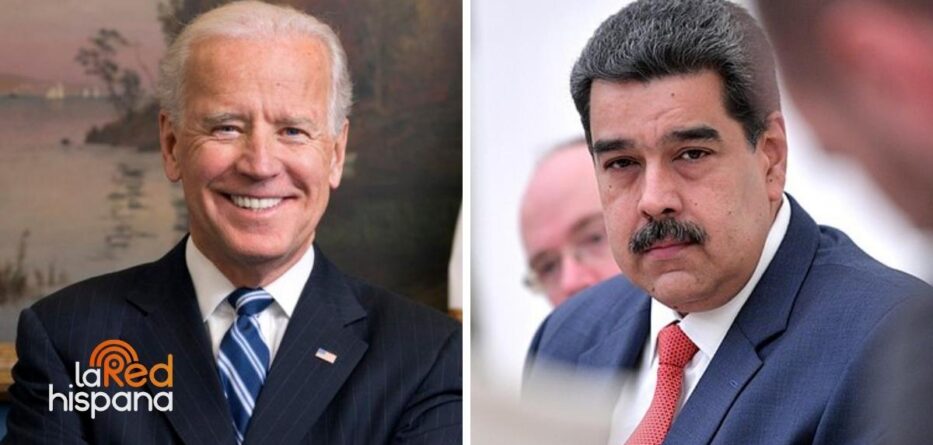Faced with its imminent decision to ban Russian oil and gas imports in retaliation for the invasion of Ukraine, the Biden administration scrambled this week to find a way to offset the barrels of crude oil, to prevent a further rise in prices. This is a concern of the White House not only because it affects the pocketbooks of Americans, but because we are in an election year.
The rationale for banning Russian crude imports is impeccable: to cut off the flow of oil revenues that currently allow Vladimir Putin to finance the bombing of Ukraine’s civilian population and fulfill his territorial aspirations. It is therefore a solid moral principle: a punishment for those who commit a flagrant violation of international law.
Russian oil imports into the United States are minimal, at less than 100,000 barrels of oil per day, which represents a negligible fraction of the 18.1 million barrels the US economy consumes daily. But cutting off that supply source, no matter how small, could have an impact on gasoline prices, which are already at a higher level since the last decade, as a result of the instability that the invasion in Ukraine has generated in the markets and its geopolitical aftermath.
In search of alternative sources of supply, a high-level delegation from the United States visited the government of Nicolás Maduro of Venezuela this weekend. Let us remember that since 2019 the Trump administration had broken diplomatic relations with Maduro and closed his embassy in Caracas. Imports of Venezuelan oil were later suspended as support for opposition leader Juan Guaidó continued. The Biden administration fundamentally maintained the continuity of Trump-era policies toward Caracas.
The delegation was led by the director for the Western Hemisphere of the National Security Council, Juan González, Ambassador James Story, and diplomat Roger Carstens. According to press reports, the discussions addressed various issues including the return of 9 arrested Americans and the possibility of easing sanctions on Venezuela so that it resumes its sales of crude oil to the United States market.
Maduro, a close ally of President Putin, especially after Washington suspended oil purchases, declared Monday that the talks were respectful, cordial and diplomatic, and sent signals of his interest in improving relations with Biden. As expected, the whole mess has not been well received in Congress, where the Venezuelan regime does not have many allies.
“I have serious concerns that we risk perpetuating a humanitarian crisis that has destabilized Latin America and the Caribbean for a generation. Nicolás Maduro is a cancer on our hemisphere and nothing we do should breathe new life into his reign of torture and murder. As such, I clearly and adamantly oppose any effort that fills the pockets of the oligarchs of the Maduro regime with money from the oil sector while Maduro continues to deprive the Venezuelan people of their human rights, freedoms and even basic necessities like a plate of food.”, Senator Bob Menéndez reacted.
At a minimum, the Biden administration must clarify whether a normalization of relations with Venezuela, including in the energy sector, means that it no longer has concerns about the humanitarian, political and social situation in that country. Or is it, that in the middle of a war anything goes?






